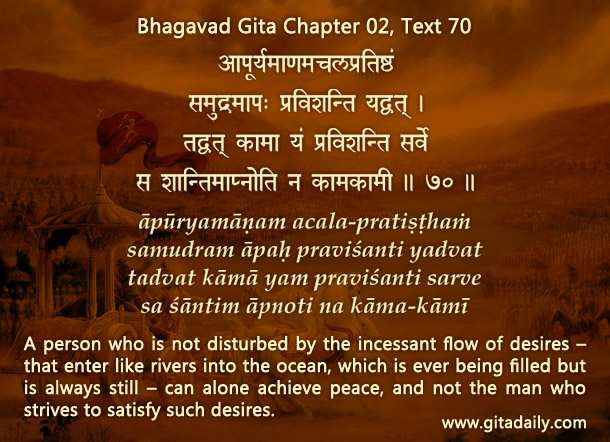Our wants often arise from external factors such as peer pressure, cultural glamorization or corporate-controlled media promotion.
During our reflective movements, we may realize that we don’t really want such wants. Suppose we strongly want to watch a particular TV show. If we could visualize an ideal version of ourselves or even an improved version of ourselves, would that version want to spend so much time and emotion on a TV show? Unlikely. By such reflection and visualization, we can understand the difference between what we want and what we want to want.
How can understanding this difference make a difference? It can inspire us to invest some quality time and emotion contemplating what we want to want: what are our cherished aspirations? What are the wants that, if they were driving us, would bring out our best? What wants would help us do better justice to our god-given talents and make a bigger contribution in our corner of the world? The more we dwell on these aspirations, the more they will grow — till they gradually occupy a prominent space in our consciousness and thereafter become a driving influence in our life.
Phrasing this inner dynamic metaphorically, the Bhagavad-gita (02.70) compares our cherished aspirations to an ocean spreading across our inner world. In contrast, our wants are like rivers that flow into the ocean without disturbing it. In comparing such wants to rivers, the Gita emphasizes their externality: they are coming from outside us, not inside us. When we reflectively refuse to become a wanter of such wants (na kama-kami), we can steadily progress toward manifesting our best.
One-sentence summary:
Don’t be driven by what we want; dwell on what we want to want and make that our driving influence.
Think it over:
- Where do our wants frequently come from?
- How can we understand the difference between what we want and what we want to want?
- How can understanding this difference make a difference in our life?
***
02.70: A person who is not disturbed by the incessant flow of desires – that enter like rivers into the ocean, which is ever being filled but is always still – can alone achieve peace, and not the man who strives to satisfy such desires.
To know more about this verse, please click on the image

